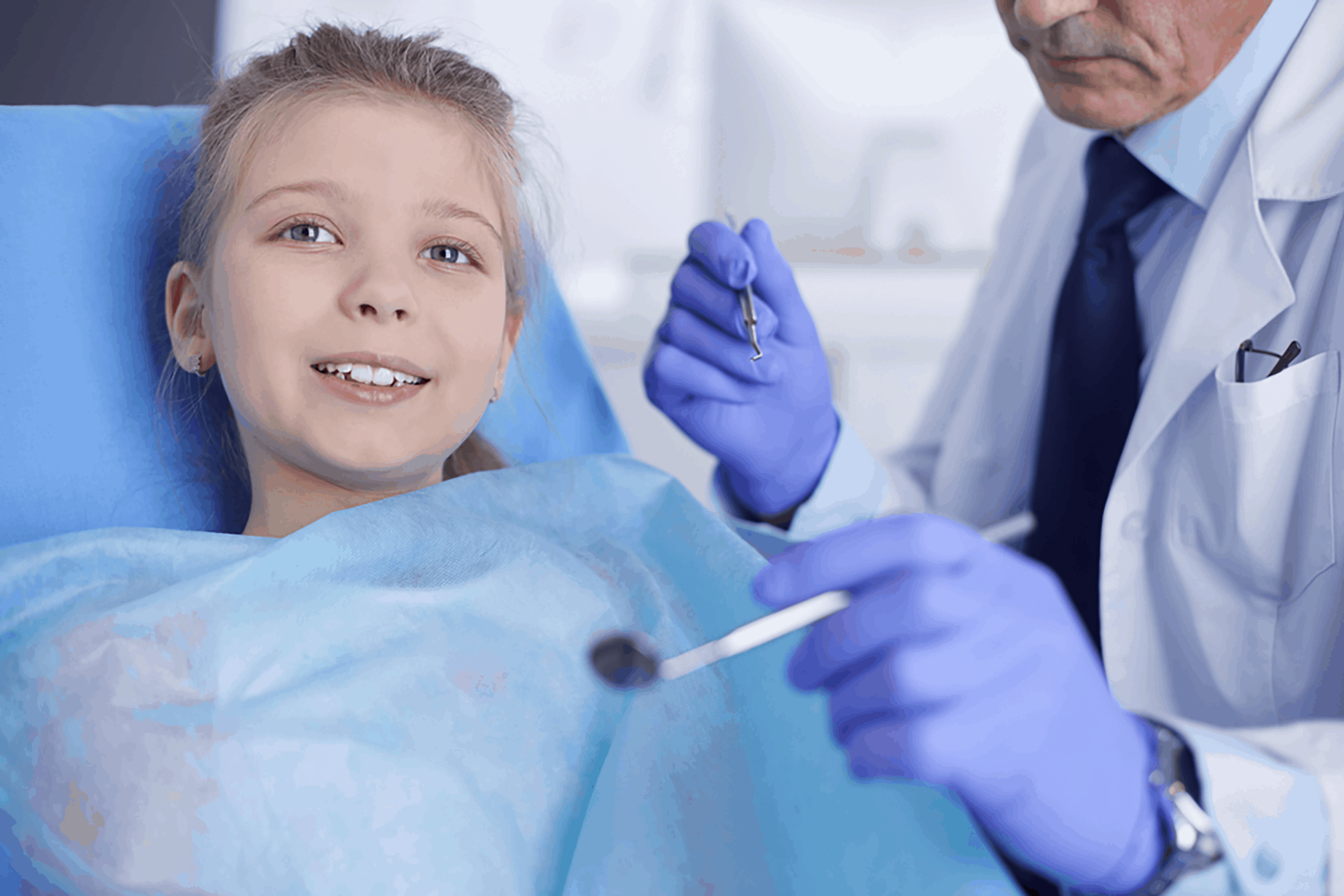Sometimes routine dentist appointments can be very challenging for children. The main goal for a pediatric dentist in Apollo Beach, FL is always to provide the safest and most pain-free treatment possible.
Sedation dentistry will help your child relax using certain sedative medications. This way they will not feel any pain or trauma if they fear the dentist or the procedure, allowing the specialist to do what they need to do and provide the treatment necessary to preserve your child’s smile. With sedation dentistry in Apollo Beach, your dentist can help patients, like children with anxiety, get the oral care they need.
Dental anxiety is very common; almost 80% of Americans report some level of it and report traumatic experiences at the dentist—they often had a procedure that was particularly painful or scary.
Your child can receive mild to deep sedative medications depending on the procedure, their anxiety levels, and their medical history. It won’t make them unconscious; it will just help them relax to the point where they might sleep. However, if your children have moderate anxiety, deeper sedation levels will likely be beneficial.
Types of sedation
Despite the fact that local anesthetics can usually provide a pain-free appointment by numbing the area, anxiety may still kick in, especially with kids. This prevents the dentist from performing quality work. This is why pediatric dental offices near you offer sedation.
There are four levels of sedation available: minimal, moderate, deep, and general anaesthesia.
- During minimal sedation, most commonly used, your child will be awake during the procedure but will feel completely relaxed. Inhaled nitrous oxide combined with oxygen produces the mildest sedative effect. Nitrous oxide is an inhaled sedative that’s better known as “laughing gas.” It takes effect quickly but wears off fast. Your kid can even resume their normal activities in the afternoon.
- While with moderate sedation your child is still awake, they won’t remember most of the procedure. Frequently, it’s given to your child via oral sedation called Halcion an hour before the procedure. This produces a mild or moderate sedation depending on the dose.
- Under deep sedation, commonly administered intravenously, your child is asleep but not quite unconscious. This is typically needed for invasive treatments.
- Lastly, under general anesthesia, your child is unconscious. This is administered via an inhaled solution. Both of these types of sedatives leave your child with no memory of the procedure.
Is sedation dentistry safe?
Your main goal as a parent will always be your child’s health and safety. This is why the children dentist near you relies on the use of sedation dentistry for not causing them unnecessary distress. Unfortunately, rare circumstances have happened, and this is why you might have heard of a few bad experiences.
This is a safe and effective procedure when administered by a trained professional. They not only know how to manage the medication but to monitor their vital signs like blood oxygen level, heart rate, blood pressure, and temperature.
However, sometimes it is necessary for your child’s treatment to take place in a hospital setting given certain factors. In this situation, a skilled anesthesiologist will be the one overseeing your child’s sedation.
For safety reasons, parents should follow these few recommendations:
- Restrict food and drinks before sedation.
- Dress your child in loose-fitting clothing.
- Provide full medical history, tell the dentist if the child is receiving any prescription drugs or suffers from allergies.
If your child needs an invasive treatment or they struggle with anxiety during their dental visits, they can sit back and relax with sedation dentistry. In addition to being pain-free, some benefits of sedation dentistry are that it allows for better treatment quality and it helps prevent further anxiety.
